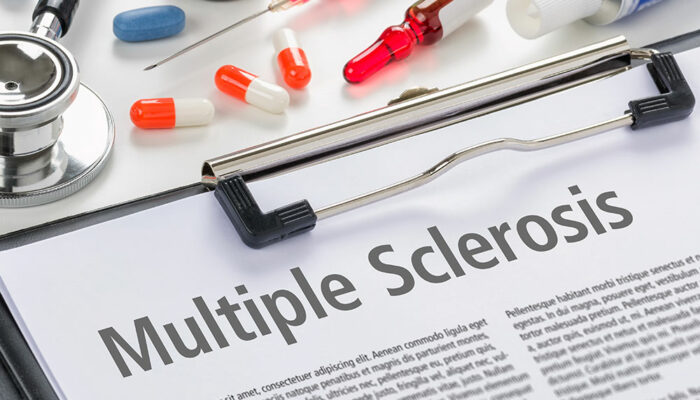
Colon Cancer – Causes, Symptoms, and Diagnosis
Colon cancer or colorectal cancer is the cancer of the colon and the rectum. It is one of the leading causes of death in the country among men and women. Symptoms of colon cancer are often dependent on the causative factors that have led up to that condition. These risk factors, if left unchecked, can lead to an immense increase in the patient’s risk of falling prey to the condition
1. Absence of physical activity
People who are less active in their day-to-day life or have very low levels of active periods in their schedule are at a greater risk of developing colon cancer. Studies suggest that the absence of various biological mechanisms can increase people’s risk and make them more vulnerable to developing colorectal cancer. These mechanisms include immune system enhancement, weight management, increased gut mobility, and a healthy lifestyle.
2. Old age
Men and women of 50 years or above are at a higher risk of developing colon cancer. Based on gender-specific statistics, men are at a higher risk of suffering from inherent symptoms.
3. Improper diet
Diet plays a critical role in the maintenance of a healthy immune system and a healthy body. This makes it essential to monitor food and liquid intake, as it gives the idea of the amount of proteins, fats, carbs, and calories being consumed.
4. Habits
Substance dependence adds to the risk factors that are associated with colon cancer. Although they might not have a direct or instant impact, alcohol and nicotine are both known to be possible risk factors that cause colorectal cancer in the long run.
Symptoms of colorectal cancer
1. Bowel habits
Bowels are among the primary indicators of colon cancer. Symptoms include changes in consistency, frequency, color, and/or comfort. If bowel discomfort or changes in the bowel is present, it might be a red flag that needs to be looked into.
2. Diarrhea and constipation
Diarrhea and constipation again are changes in bowel movements. Where diarrhea is the presence of loose or watery motions, constipation is the presence of tight and uneasy-to-pass motions. Prolonged and consistent changes in stools can be an indicator of cancer or other conditions.
3. Bleeding
The appearance of blood in the stools or the presence of blood discharge during the process of bowel movements can be a cause of concern. This should be addressed to and assessed by a proctologist. It is essential that persistent bleeding should not be ignored, as it could be a sign of cancer, and if that is the case, left unchecked, it can metastasize quickly.
4. Body changes
Unexplained and rapid weight loss, fatigue, abdominal bloating, and pain in the abdomen are a few discomforts that are some of the symptoms of colon cancer. Iron deficiency in the body is another sign of colorectal cancer among men and post-menopausal women.
Screening
1. Rectal exam
One of the primary screening tests for colon cancer is the rectal exam. This procedure involves the testing of stool samples for traces of blood. The presence of blood in the sample is an indication of damage being caused by cancerous cells.
2. Proctoscopy
This involves the checking of the colon with the help of a proctoscope by a doctor. This helps the doctor take a closer look at the rectum lining and check and inspect the tumors if there are any.
Further testing involves biopsy, CT scan, MRI, ultrasound, X-ray, and PET scan.



